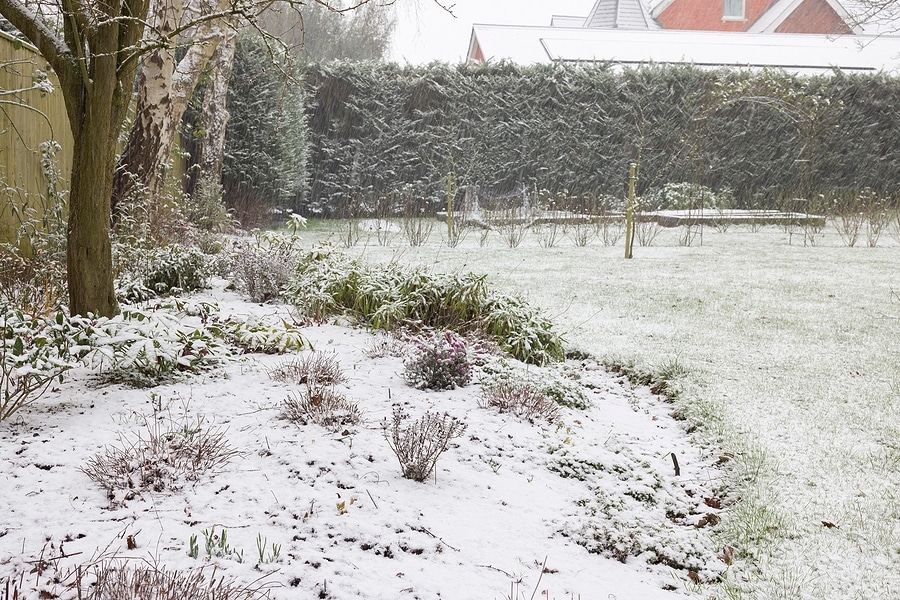As temperatures drop and your lawn goes dormant for the winter, you might think pests die off completely. However, many lawn pests are surprisingly resilient and can survive Ohio’s cold winters, ready to cause problems once spring arrives. At Lawn Plus LLC, we know how important it is to protect your lawn year-round. Understanding how these pests endure the winter can help you take preventative action before they become a problem.

How Lawn Pests Survive the Winter
While some insects die off in freezing temperatures, many find ways to survive. Some pests burrow deep into the soil, where the ground’s warmth protects them from the cold. Grubs, for example, will dig deeper into the dirt, lying dormant until spring. Others seek shelter in piles of leaves, mulch, or thatch, which provide insulation and protection from harsh conditions. Certain insects, such as beetles and moths, lay eggs in the fall that remain dormant until temperatures rise. Surprisingly, a thick layer of snow can even help pests survive the winter by acting as insulation against extreme cold.
Common Lawn Pests That Survive Winter
Several common lawn pests in Ohio manage to make it through the winter months. Grubs are among the most problematic, as they burrow deep into the soil and resurface in spring to feed on grassroots. Chinch bugs hide under leaf litter and thatch, waiting for warmer temperatures to return. Japanese beetle larvae overwinter in the soil as grubs and become active in spring, damaging roots as they feed. Ticks and fleas are another concern, as they find shelter in warm, protected areas, posing a threat to both pets and humans even during colder months.
How to Prevent a Spring Infestation
Even though pests are less active in winter, taking proactive steps can prevent a full-blown infestation in spring. Aerating your lawn in late fall helps break up soil and disrupt grub overwintering. Keeping your lawn clear of debris, such as fallen leaves and excessive mulch, eliminates hiding spots for pests. Applying preventative pest control treatments before winter can help target overwintering insects before they become a problem. Encouraging natural predators, such as birds and beneficial insects, can also help keep pest populations in check. Finally, inspecting your lawn early in the spring for signs of pest activity allows you to take action before damage occurs.
By understanding how lawn pests survive winter, you can stay ahead of infestations and keep your lawn healthy year-round. If you need help managing lawn pests, Lawn Plus LLC offers professional pest control solutions to Ohio residents to protect your lawn from season to season. Contact us today at (937) 839-5296 to schedule a consultation!
